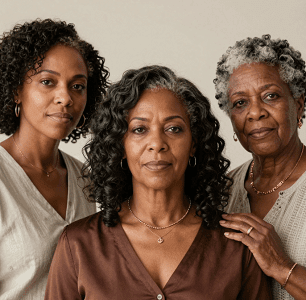A breast cancer test may yield unreliable chemotherapy recommendations for Black women, a University of Illinois Chicago study reveals. The research, led by Kent Hoskins, MD (above), suggests there are biological differences in tumors between Black and White women, potentially influenced by social determinants rooted in structural racism. These findings underscore the complex interplay between race, health disparities, and cancer treatment efficacy.
The study highlights the need for a more nuanced approach to breast cancer care, considering both biological variations and the impact of social factors like healthcare access. Dr. Hoskins emphasizes that while social determinants contribute to poorer health outcomes for Black women, they also may drive the observed biological differences in tumors.
This research calls for an urgent reassessment of how breast cancer tests are used and interpreted across different racial groups to ensure equitable and effective treatment recommendations. The UIC team’s work is a critical step in addressing the underrepresentation of Black women in breast cancer research and tailoring medical care to meet the needs of diverse populations.
See “Breast cancer test may make bad chemotherapy recommendations for Black patients” by Emily Stone on the UIC website (January 29, 2024)



